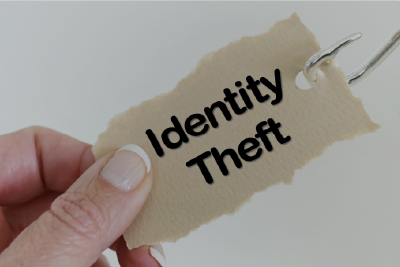Can a VPN Prevent Identity Theft?

Can a VPN Prevent Identity Theft?
In today’s digital world, identity theft is a growing concern for individuals and businesses alike...
How Does Identity Theft Happen?
Identity theft occurs when a cybercriminal gains unauthorized access to your personal information, such as:
- Personal Details: Full name, address, date of birth...
- Financial Data: Credit card numbers, bank account info...
- Login Credentials: Usernames, passwords, and PINs...
Cybercriminals can obtain this information through methods such as:
- Hacking into unsecured networks (especially public Wi-Fi).
- Phishing attacks with fake websites.
- Malware that steals login credentials.
- Data breaches from companies storing your data.
Once a hacker has your data, they can impersonate you, apply for loans, and commit fraud.
How Does a VPN Help Prevent Identity Theft?
A VPN acts as a powerful layer of protection by encrypting your online activity...
- Encrypts Your Data: A VPN encrypts all the data you send and receive...
- Secures Public Wi-Fi: Public Wi-Fi is convenient but insecure...
- Hides Your IP Address: A VPN masks your IP address to protect your identity...
Limitations of a VPN in Preventing Identity Theft
While a VPN provides robust protection, it's not a complete solution for every threat...
- Phishing Attacks: A VPN won’t protect you from phishing emails or fake sites...
- Data Breaches: A VPN can’t stop leaks from company servers...
- Malware and Keyloggers: VPNs don’t block malware already on your device...
Best Practices to Further Protect Against Identity Theft
Alongside using a VPN, adopt other safety measures:
- Use strong, unique passwords with a password manager.
- Enable two-factor authentication (2FA).
- Avoid clicking suspicious links and emails.
- Regularly monitor your financial accounts.
While no tool can offer 100% protection, a VPN is essential for safeguarding online activity...
JourneyVPN offers robust features to protect you, especially when using public Wi-Fi...